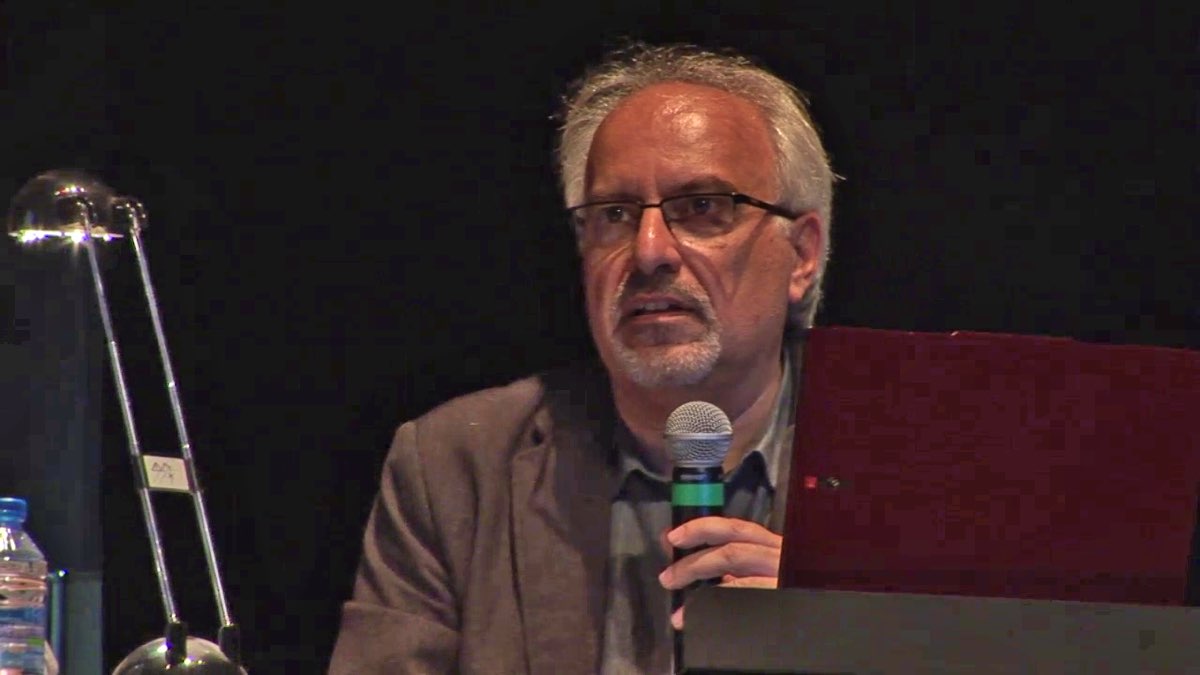Andrea Rea, Université Libre de Bruxelles-GERME, Belgium
This paper aims to present the main contemporary approaches of the concept of border. The second part of the paper is dedicated to an alternative approach of the processes of bordering focusing more on the relationship between bordering and mobility rather than bordering and territory as often encountered in the literature. The border is defined as border-network, a network of space-time units (airport, seaport, public space for instance) where the human (bureaucrats at the consulates, border guards, liaison officers, travellers, etc.) and the non-human (databases, laws, procedures) interact with the aim to produce practices of state sovereignty. A special attention will be paid to the relation between Europe and the countries south of the Mediterranean in a third part. Based on the concept of border-network, it is possible to analyse the European mobility policy with regards to the countries south of the Mediterranean, by paying particular attention to the security apparatus accelerating the mobility of legitimate travellers, on the one hand, and filtering and blocking undesirable people, persons suspected of circumventing immigration laws on the other. Every single person who has to do with mobility is placed under surveillance but some are under control. Last part of the paper will be dedicated to the outline we can produce with the use of border-network concept for the analysis of the control at the airport.
See the slideshare of the conference
See the full program of the antiAtlas conference, Aix-en-Provence 2013
